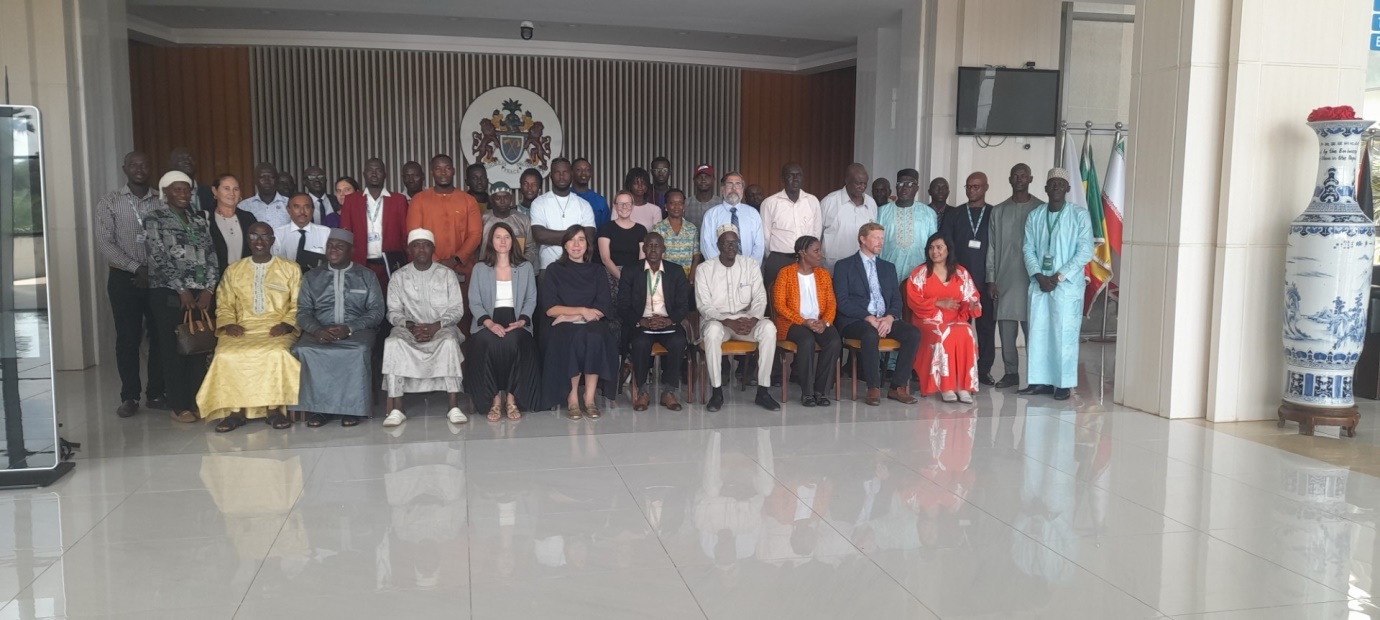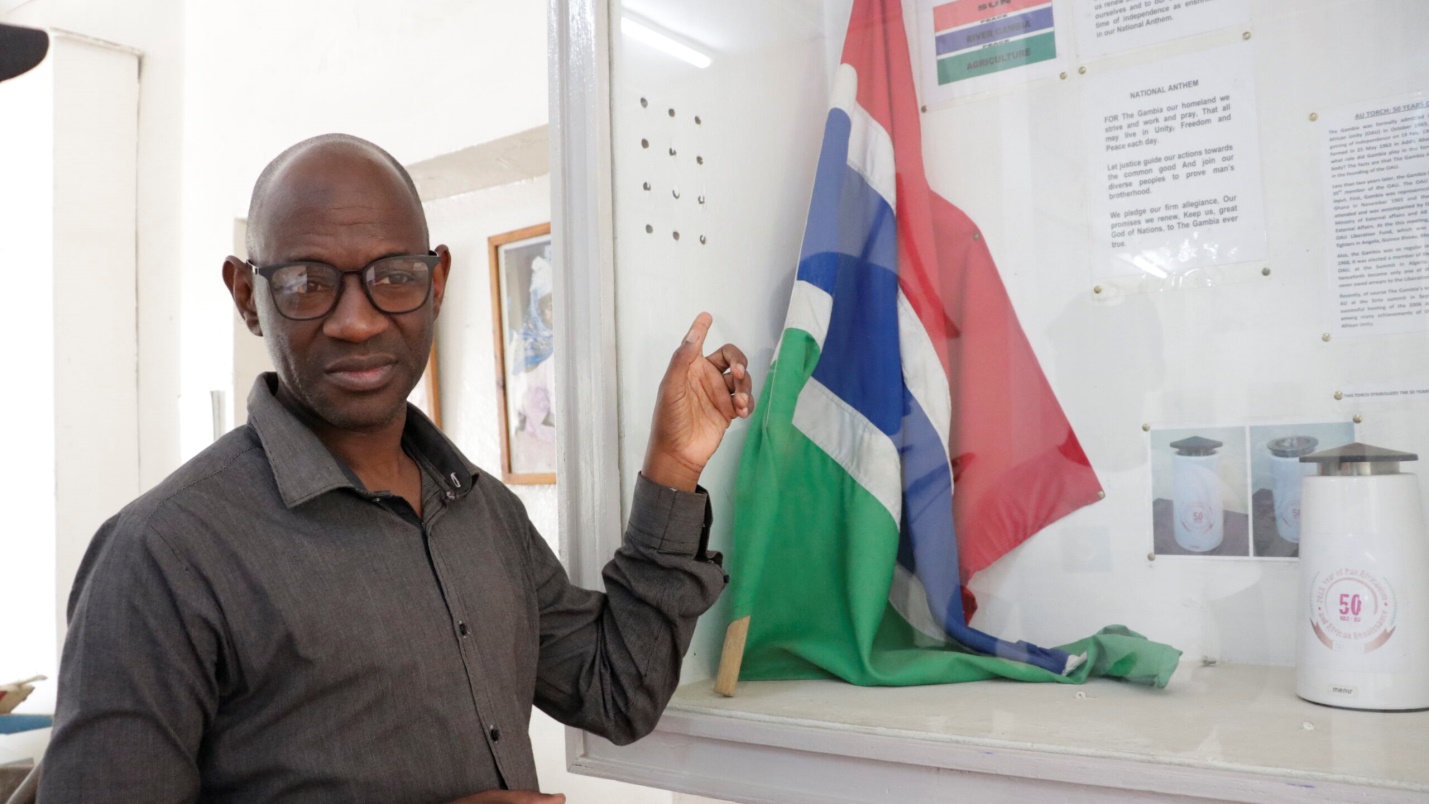By: Kemo Kanyi
The Gambia government has rolled out an ambitious initiative to slash plastic pollution in The Gambia by 86% in the next 10 years.
According to the National Environment Agency (NEA), 23,000 tons of plastic waste materials were generated in The Gambia in 2021.
Plastic pollution in The Gambia poses harm to the environment, the tourism industry, and human health. It is projected to rise by 42%.
As part of its strategies against plastic pollution, the government introduced a policy for an enhanced ban on single-use plastic bags, a phased ban on single-use plastic bottles, improved potable water supply and waste collection, and scheme for single-use packaging, said the NEA.
The Action plan underpins the government’s efforts to promote the wellbeing of the people of The Gambia through strengthening evidence-based management of natural resources, ecosystem and addressing the threat of plastic pollution to biodiversity.
Dr. Dawda Badjie, the executive director of the National Environment Agency (NEA), said at the launch of the action plan on Wednesday at the Sir Dawda Kairaba Jawara International Conference Centre that the event underscored his agency’s commitment to the agreement with the ‘Common Seas’, a UK-based environmental protection body, which had developed the National Action Plan (NAP) to tackle plastic pollution in The Gambia.
“The NAP has catered for the selection of a technical working group members, a legislative and political support at the highest level as it has been approved by the Cabinet and signed by the President of the Republic of The Gambia. The gathering shows a clear manifestation of NEA’s care for the environment and health,’’ he pointed out in his
‘’The NEA is grateful to our partners in plastic waste management for the crucial roles in plastic waste collection, recycling, and strengthening the circular economy of plastic waste. These interventions are well recognized by the NEA and I encourage you to continue the good work that you have started and urge others to emulate your initiative,’’ added Dr. Badjie.
He revealed that environmental protection is one of the highest priorities of the Gambia government and as such, it has developed national policies and legislations that are geared towards the protection of the environment for the present and future generations.
He recalled that the country enacted Anti-Littering Regulation meant to limit indiscriminate littering in the country, including plastic and related waste. This development, he went on, was followed by the Plastic Bag Order 2015, which prohibits the importation of plastic, sale, manufacture, and use of single plastic bags in the country.
‘’However, as years go by, the National Environment Agency had noticed a large proliferation of products entering illegally through our porous borders. We are also concerned about the consequences this proliferation would have on public health and the environment. The NEA also understood that the current problem of plastic pollution is beyond single-use plastic and welcomes partners in tackling the situation of plastic waste in the country,’’ he stated as he called for compliance with the regulations.
Baboucarr Bouy, minister for Public Service, Administrative Reforms, Policy Coordination and Delivery, in remarks at the launch of the action plan, acknowledged government’s recognition of the negative impacts of plastic to the ecosystem and the food chain.
‘’Thus the need to show our full commitment and, by extension, signing different multilateral environmental agreements. The impacts of plastic pollution include alteration of habitats and natural processes, reducing ecosystems’ ability to adapt to climate change, threats to ocean health and marine species, food safety and quality concerns, amongst others,’’ said Minister Bouy.
He urged both state and non-state actors to participate in the implementation of the National Action Plan along with its strategies which, according to him, when applied would reduce the plastic in the environment.
‘’The National Action Plan also seeks to address the Ban on Plastic Bags Order and other kinds of plastic pollution by providing a clear roadmap to control environmental pollution,’’ he highlighted.





